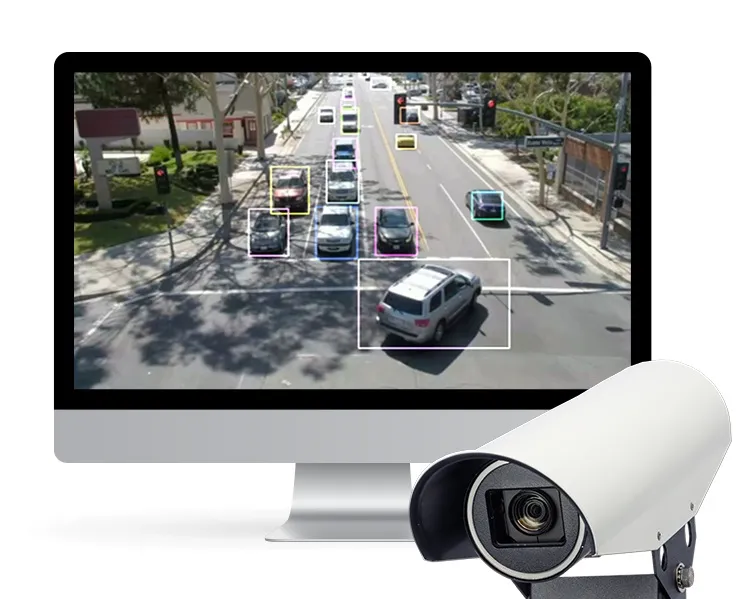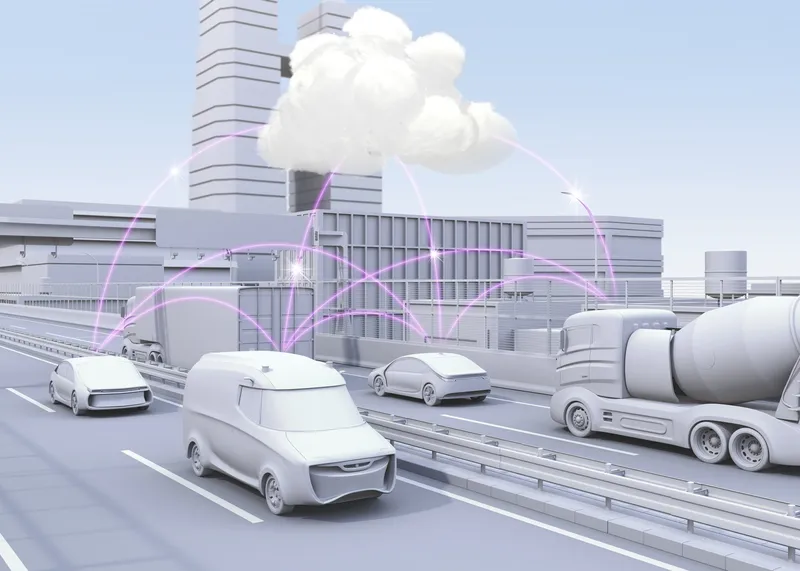
Cubic Transportation Systems (CTS) has partnered with McMaster University in Canada to launch a centre of excellence for artificial intelligence (AI) and smart mobility.
Cubic says the long-term programme will develop the building blocks to design the future of inclusive mobility through technology collaboration between government, academia, and the public and private sectors.
It will also train engineers, scientists, and leaders through hands-on research and product development with public and private mobility service providers.
CTS and experts at the McMaster Automotive Resource Centre (Marc) will work together to address complex issues facing transportation systems through multidisciplinary research and product development.
Galen Chui, senior vice president of engineering at CTS, says: “Creating this centre of excellence delivers an ecosystem dedicated to improving the way people move around their towns and cities through the advancement of transportation technology and products. Data analytics, computer vision, and machine learning are our technical areas of focus while our design foundation centres around accessibility and inclusion to ensure mobility works for all citizens.”
Students will have the opportunity to participate in projects in areas such as leveraging AI and machine learning (ML) techniques for integrating and controlling smart devices, infrastructure, traffic, and environmental conditions to improve and optimise mobility.
Arig al Shaibah, associate vice-president, equity and inclusion at McMaster University, says: “Keeping principles of inclusive excellence at the forefront of research projects will drive innovation, and with this partnership, will result in moving toward a future of electrification and automation that is more accessible, sustainable, and better reflects the world and people around us.”










